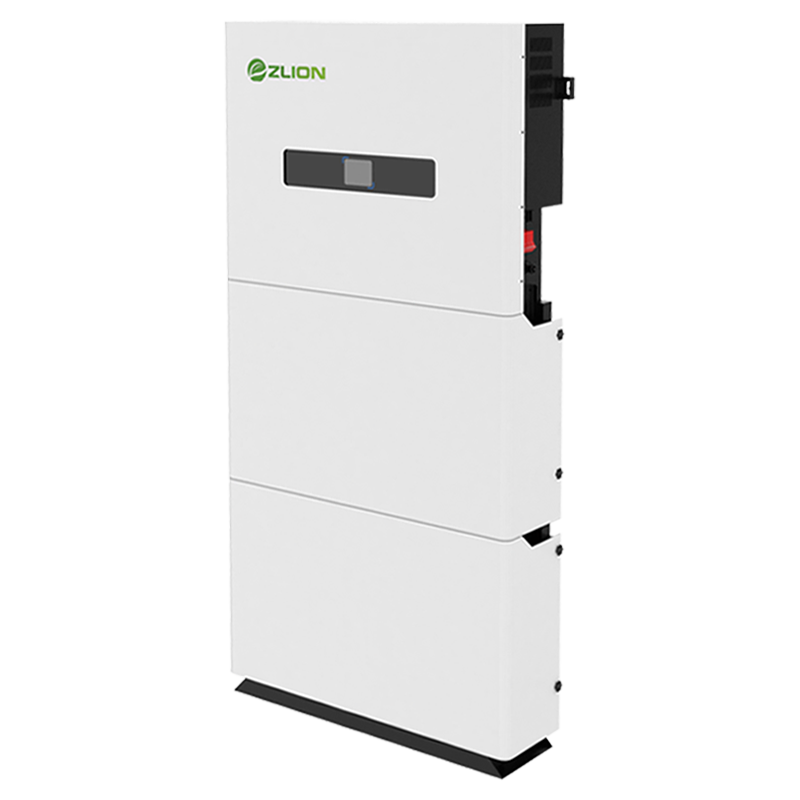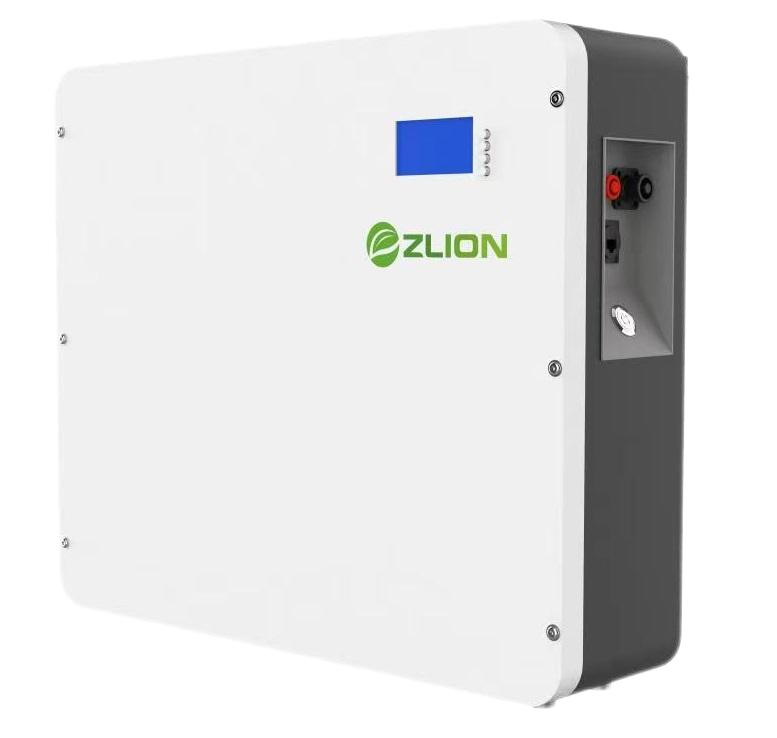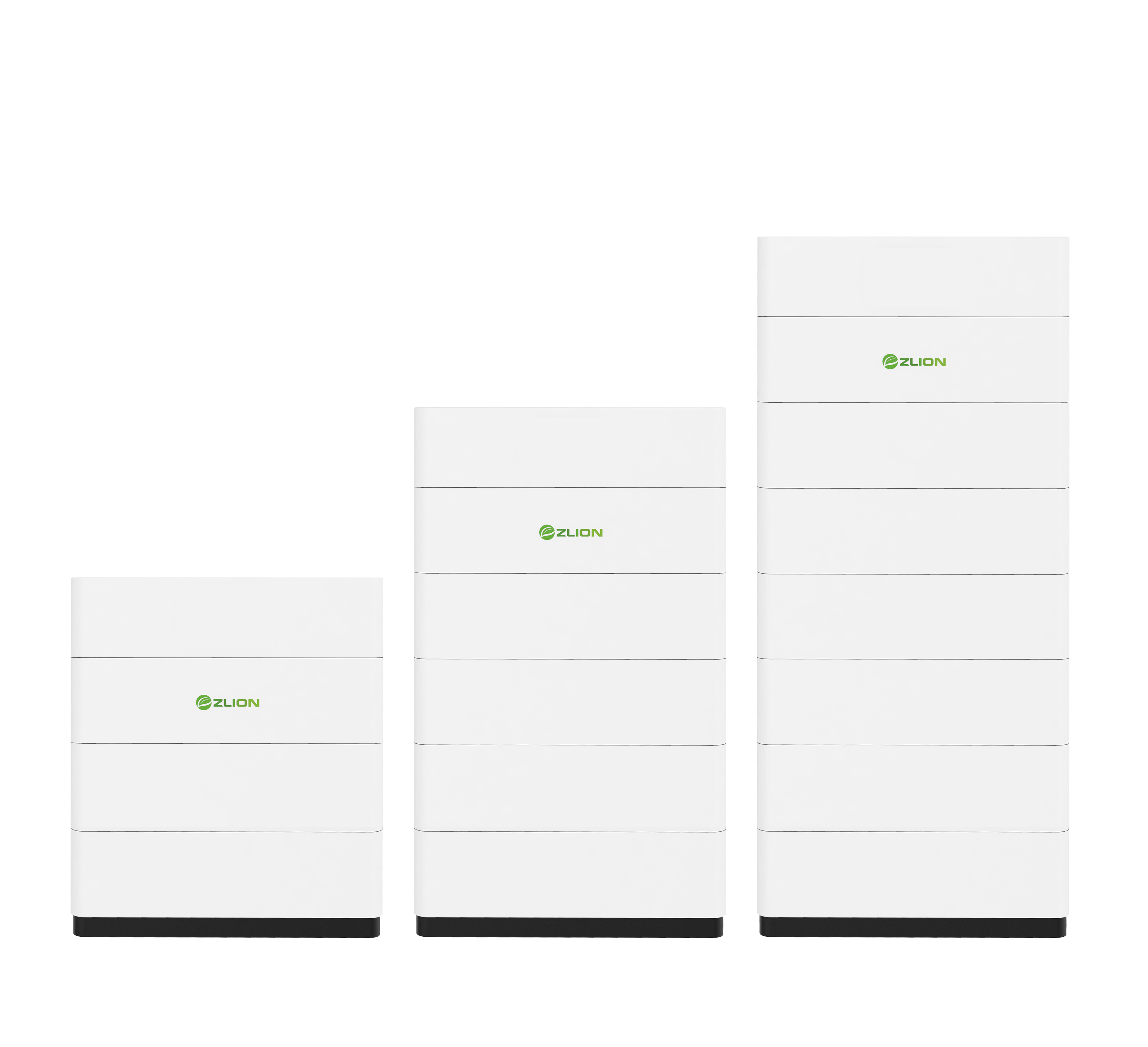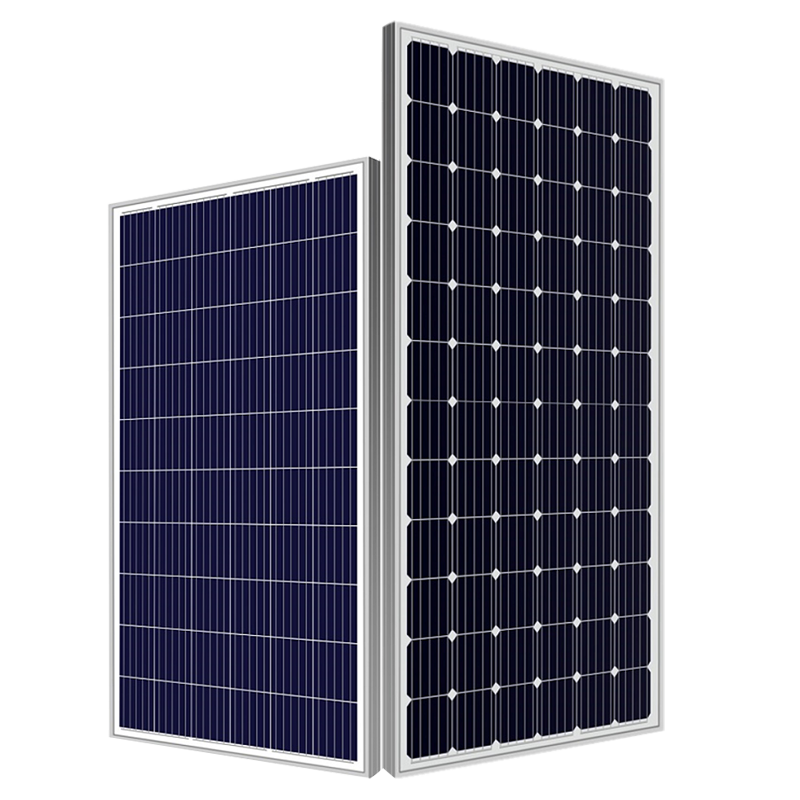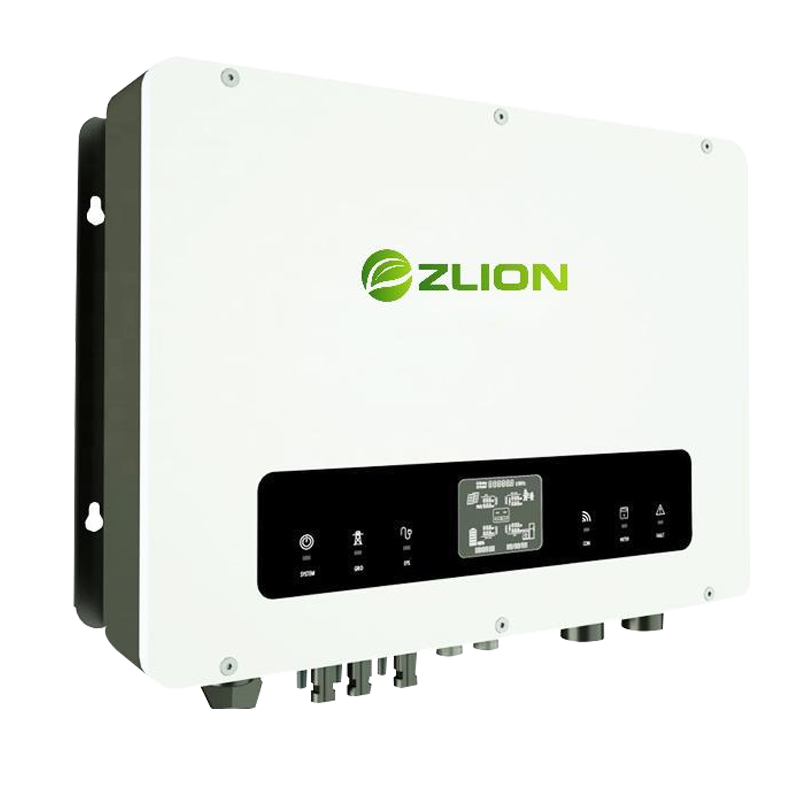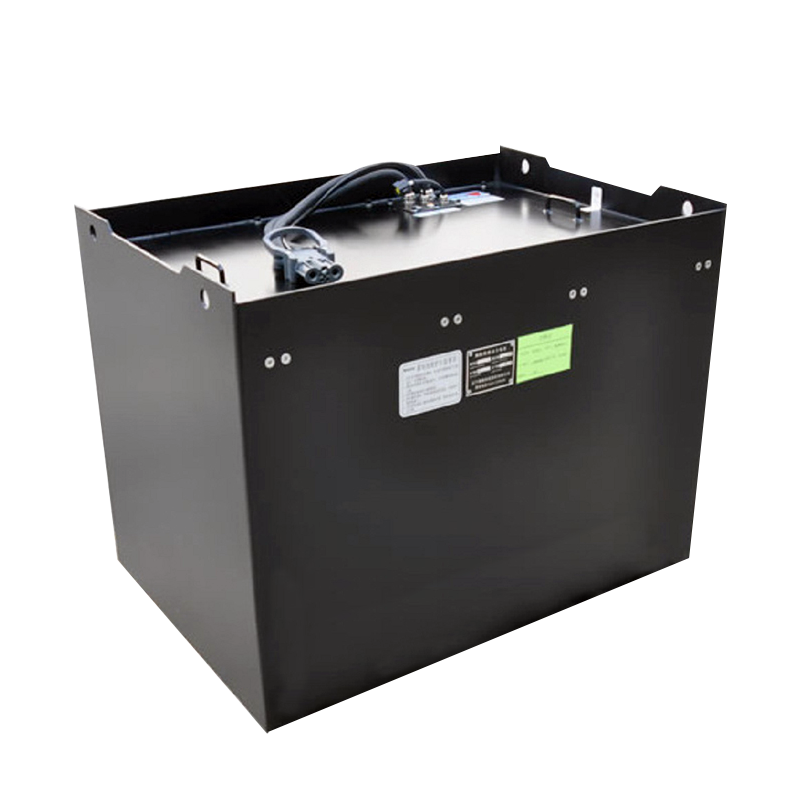The production process of photovoltaic panels has both advantages and challenges in terms of environmental protection. The following is a detailed analysis of the environmental protection of the photovoltaic panel production process:
Environmental protection of photovoltaic panel production
1. Energy consumption and carbon emissions
• High initial energy consumption: The production process of photovoltaic panels, especially the manufacture of silicon-based photovoltaic panels, requires high temperature treatment and precision technology, resulting in high energy consumption. For example, the purification process of polysilicon requires a lot of electricity.
• Carbon footprint: Despite the high energy consumption in the production process, the carbon footprint of photovoltaic panels is gradually decreasing with technological advances and the application of renewable energy in production.
2. Material use
Silicon material: Silicon is one of the main materials of photovoltaic panels. Although silicon itself is an abundant element on Earth, its purification and processing require a lot of resources.
Rare metals: Some high efficiency photovoltaic panels (such as thin film solar cells) may use rare metals (such as indium, gallium, etc.), the mining and refining of these metals have a certain impact on the environment.
Environmentally friendly materials: In recent years, more and more research has been devoted to developing more environmentally friendly alternative materials, such as perovskite solar cells, to reduce reliance on rare metals.
3. Waste water and waste gas treatment
• Wastewater: Wastewater generated during the production of photovoltaic panels contains heavy metals and other harmful substances. If not handled properly, it may pollute the water.
Exhaust gases: Some production processes produce volatile organic compounds (VOCs) and greenhouse gases. Modern factories are usually equipped with advanced waste gas treatment equipment to reduce the emission of these pollutants.
4. Recycle and reuse
• Recovery rate: The service life of photovoltaic panels is usually 25-30 years. Waste photovoltaic panels contain a large number of recyclable materials, such as silicon, silver, copper and so on. Through an effective recycling system, resource waste and environmental pollution can be greatly reduced.
• Recycling technology: At present, the recycling technology of photovoltaic panels is constantly developing, and some countries and regions have established special recycling facilities.
5. Life cycle assessment
Overall benefits: Despite the environmental impact of the production stage, the clean energy generated by photovoltaic panels during their use far exceeds the energy consumption and carbon emissions during their production. According to research, photovoltaic panels can achieve significant net carbon reductions over their lifetime.
• Green manufacturing: Many PV manufacturers are promoting the concept of "green manufacturing", using renewable energy power supply, optimize production processes, reduce waste emissions and other measures to further improve the level of environmental protection.

